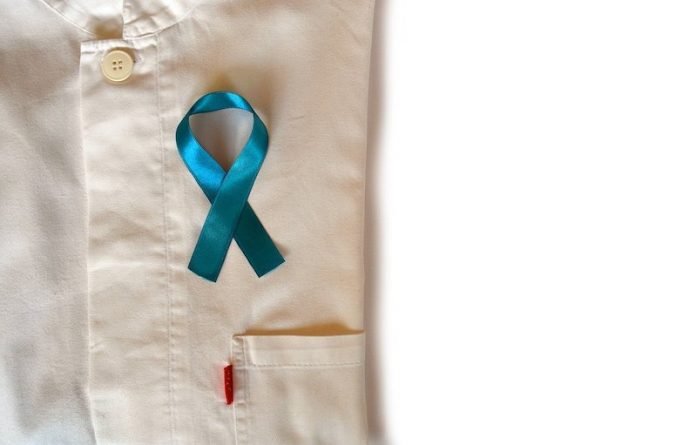
In a recent study by the University of North Carolina, scientists found that eating a diet higher in saturated fat, a type of fat found commonly in fatty beef and cheese, is linked to more aggressive prostate cancer.
This may suggest that if you eat less saturated fat, you may also have less chance to have prostate cancer.
In the study, the results were drawn from a survey of 1,854 men who were diagnosed with prostate cancer between 2004 and 2009.
Men were asked a series of questions about their diet and other factors at the time of diagnosis with prostate cancer.
The researchers examined the association between saturated fat intake and the aggressiveness of the men’s tumor at diagnosis. They found that higher saturated fat eating was linked to higher prostate cancer aggressiveness.
High saturated fat in the diet contributes to raised blood cholesterol levels.
However, men who took statins, which are drugs used to control cholesterol levels, had weaker links between saturated fat eating and prostate cancer aggressiveness.
These findings may suggest that statins counteract, but do not completely reverse, the effects of high saturated fat intake on prostate cancer aggressiveness.
In addition, the researchers found that higher levels of polyunsaturated fats, which are found in fish and nuts, were linked to lower prostate cancer aggressiveness.
If you care about prostate cancer, please read studies about the cause of prostate cancer metastasis and new strategy to treat advanced prostate cancer.
For more information about prostate cancer, please see recent studies about 5 types of bacteria linked to aggressive prostate cancer, and results showing common prostate cancer drugs may be less safe than thought.
The study was conducted by Emma H. Allott et al.
Copyright © 2022 Knowridge Science Report. All rights reserved.



